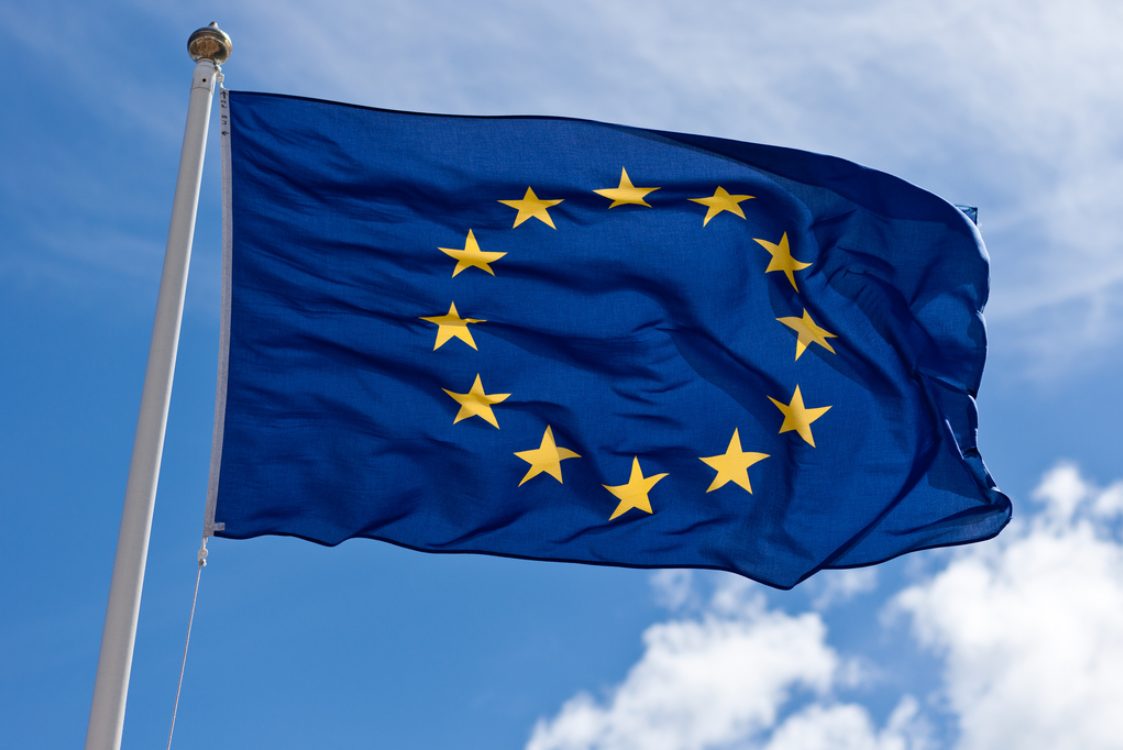

Local governments in the EU say enough.
Nearly every second local government official in the EU is demanding that their influence on the decisions made by EU institutions, including those that concern the rebuilding of economies after the pandemic crisis, be increased. “We have lost €180 billion due to COVID-19 and although we know where European funds are most needed, our voices are still unheard,” say local authorities from all corners of the continent.
#EuRegionalBarometer is a cyclical survey commissioned by the European Commission to explore what local and regional authorities in all Member States think about the ongoing activities of the EU institutions. The latest survey, which involved more than 1 million local and regional government officials, has revealed a growing frustration due to the lack of viable tools to influence EU policies.
46% of the surveyed consider it “very important” to increase the influence of regions and local authorities on the EU policy-making. 41% are of the opinion that local governments do not participate sufficiently in activities shaping the future of the Community.
The strategy of recovery from the crisis caused by the pandemic has a major impact on the negative assessment of the current form of EU’s functioning by a large proportion of the local community representatives.
The coronavirus has severely stricken the finances of European local governments – a gap of €180 billion has been created in their budgets, additionally exacerbating the previously existing social and economic inequalities between regions within individual countries and the entire Community.
The Barometer authors are reproaching that, while creating plans to revive Member States’ economies, no consultations were held with local governments regarding the matter of distributing EU funds. As pointed out by experts, due to the centralised system for the redistribution of funds, the money will likely not go where the cities and regions think it is most needed.
Wiktor Szydarowski, Director of ESPON, agreed with this opinion. The Polish scientist pointed out that the study conducted as part of the research project he leads, which describes the diversity of the European regions and their different needs, touches upon the essence of European integration.
The Director of ESPON warned that further disregard for the voices of local communities – both by the EU institutions and by governments of individual countries – may lead to a serious decrease in voters’ trust in each of these entities. What is more, it is simply unreasonable to ignore the opinions of local authorities when devising major political and economic strategies, as it is local government officials who are in constant contact with their “little homelands”. They know their specific features and are often good at determining their basic needs.
Last Updated on November 3, 2021 by Redakcja